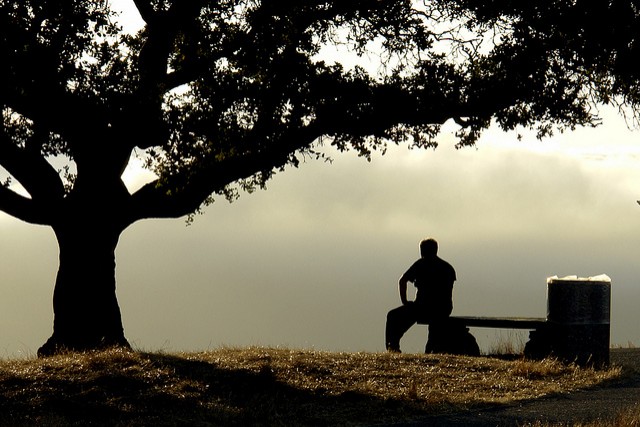4 things to reflect on for those who tend to expect too much from other people

Advertisement
It is said - and experience confirms it - that for most of us - giving to others fills us with more joy than receiving.
It is necessary, however, to emphasize that every gesture of this kind should be disinterested, so that it may have a beneficial effect, or at least not be the cause of any future displeasure.
In fact, it is wise to always to act without expecting anything in return, not so much because we might not receive anything - that would be too cynical to say - but rather for the following four very good reasons.

- 1. Do not create expectations. If you act in the hope that someone will recognize your efforts and your value, you are making a big mistake. In fact, what you do is made special by the simple fact that you are doing it. As a result, it is you who should recognize what you are worth. Love and appreciate yourself first and in this way, you will not waste time and you will be able to create your own happiness.
- 2. There are no ideal situations or people. It is useless to pursue perfection, for the simple fact that it does not exist. Everyone has merits but also defects; abilities and potentialities, but also limits. The sooner you accept this reality, the sooner you will be able to avoid future disappointments, both your own and others.
Advertisement

- 3. Not everyone is like you. To say that everyone is different is obvious, but in reality, we often expect from others the same kind of behavior that we would have in the same situations. The result is that others do not always act as we think they should, and this makes us dissatisfied and frustrated. Therefore, learn to accept diversity, with all its consequences.
- 4. Do not look for someone to blame. When something does not go as we expected, the first reaction may be to look for the cause or the culprit. In this way, we automatically put ourselves in the victim's shoes, simply because it is more convenient for us, and allows us to blame someone else, and not have to do anything to make up for it. Instead, it would be much better to stop thinking in terms of who is guilty and who is the victim, and rather think about what can be done to find a remedy.
Advertisement





